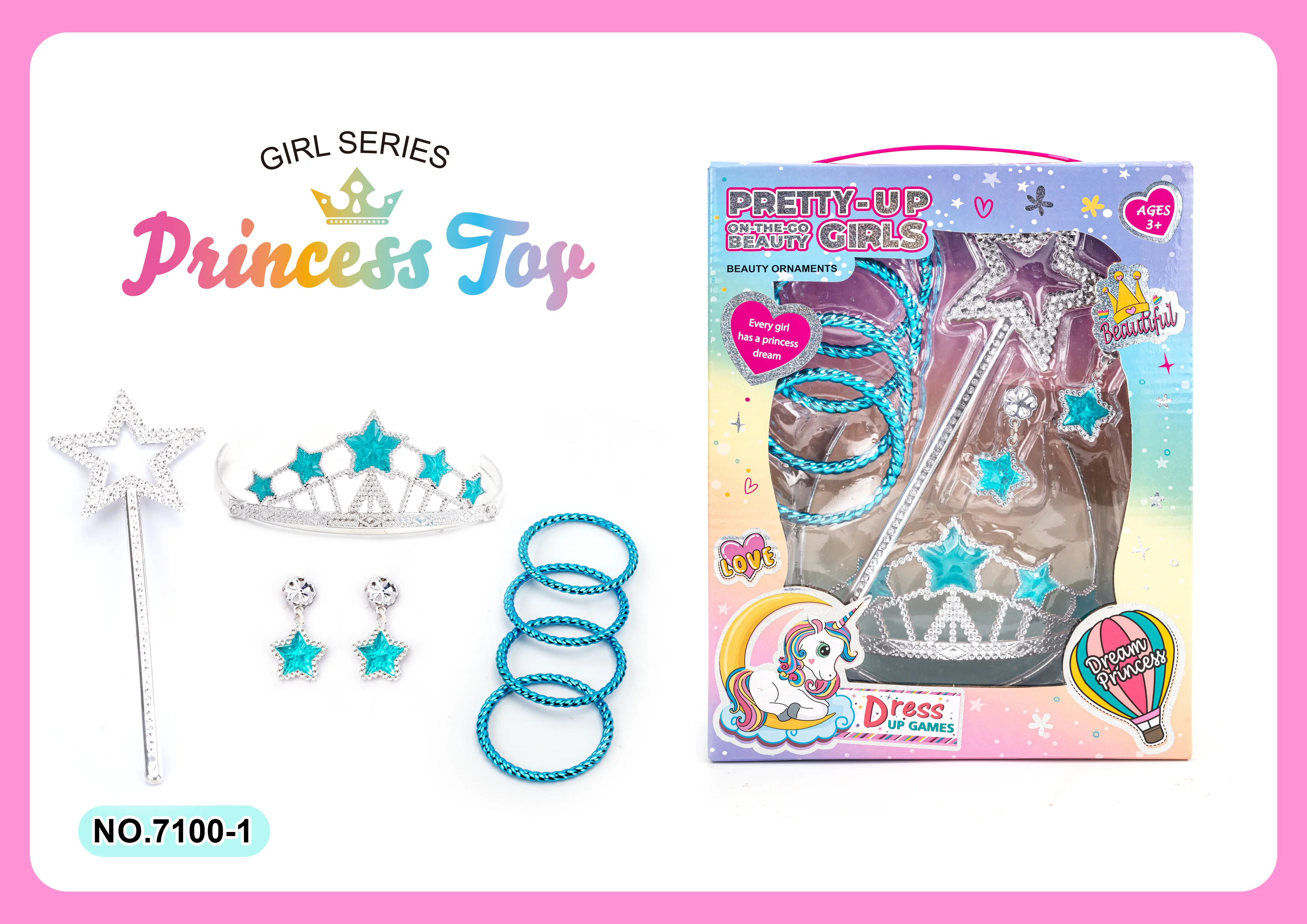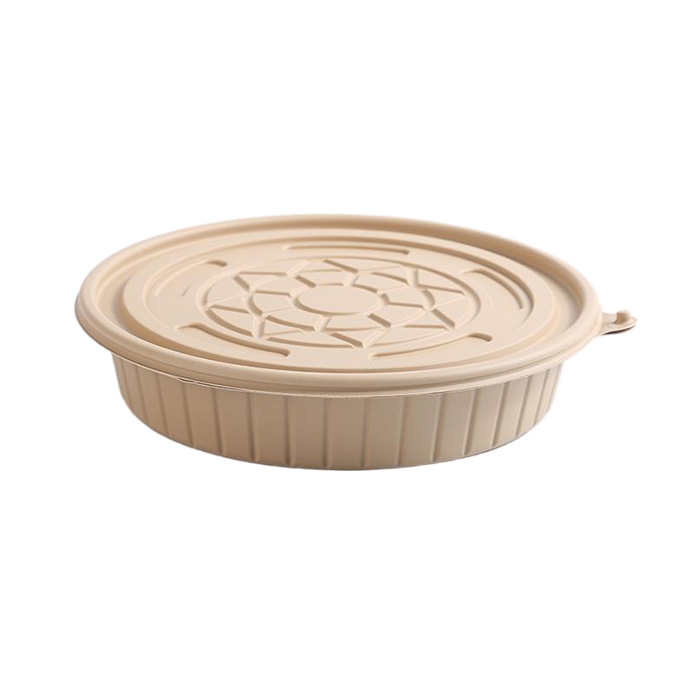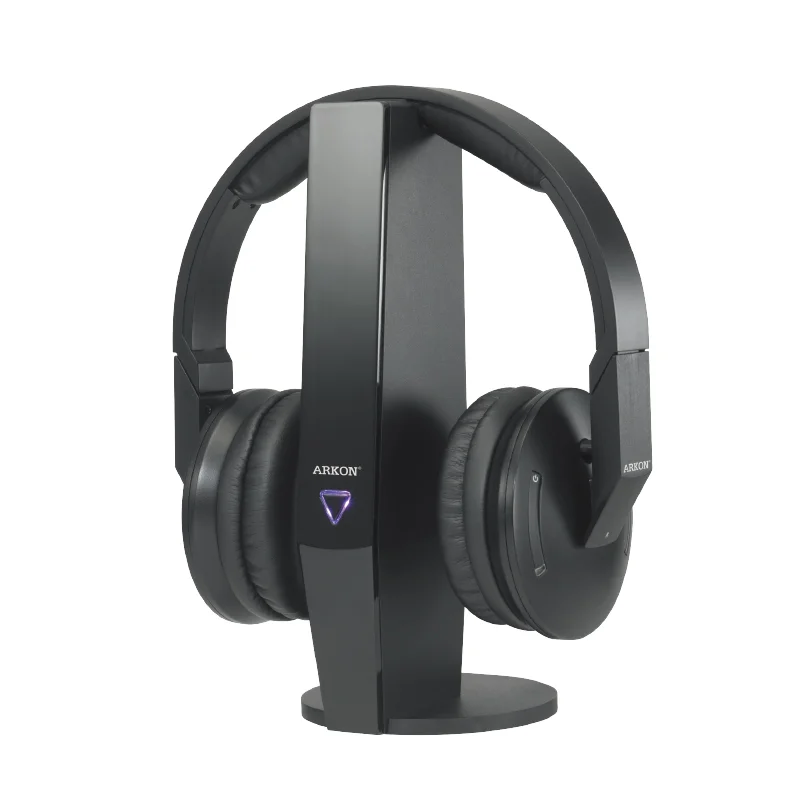When it comes to the world of photography, two names dominate the conversation: Canon and Nikon. Both brands have established themselves as titans in the industry, each boasting a loyal following and a range of products that cater to various skill levels and photographic needs. But which is best? In this article, we will delve into the intricacies of both brands, examining their strengths, weaknesses, and unique offerings to help you make an informed decision.
Historical Context and Brand Legacy
Canon and Nikon have been at the forefront of camera technology for decades. Canon, founded in 1937, initially focused on precision optics and has since evolved into a leader in digital imaging. Nikon, established in 1917, has a rich history in producing high-quality cameras and lenses, particularly in the realm of film photography. Understanding their historical context provides insight into their current product lines and innovations.
Camera Systems: DSLRs vs. Mirrorless
DSLRs
Both Canon and Nikon have a robust lineup of DSLR cameras. Canon's EOS series is renowned for its user-friendly interface and extensive lens compatibility. The Canon EOS 90D, for instance, offers an impressive 32.5 MP sensor and a versatile autofocus system, making it ideal for both photography and videography.
Nikon, on the other hand, has made significant strides with its D-series DSLRs. The Nikon D850 is a standout model, featuring a 45.7 MP sensor and exceptional dynamic range. Nikon's commitment to image quality and low-light performance is evident in this model, appealing to professional photographers who prioritize detail and clarity.
Mirrorless Cameras
In recent years, the shift towards mirrorless technology has transformed the photography landscape. Canon's EOS R series has garnered attention for its innovative features, such as Dual Pixel autofocus and impressive 4K video capabilities. The Canon EOS R5, with its 45 MP sensor and 20 fps continuous shooting speed, is a game-changer for both stills and video creators.
Nikon's Z series has also made waves, particularly with the Z6 and Z7 models. These cameras offer excellent low-light performance and in-body stabilization, making them highly versatile for various shooting conditions. The Z series lenses are designed to maximize the potential of the Z mount, providing photographers with exceptional optical quality.
Lens Ecosystem
A camera is only as good as the lenses that accompany it. Both Canon and Nikon offer extensive lens ecosystems, but there are notable differences.
Canon's EF and RF lens mounts provide a wide array of options, from affordable primes to high-end L-series lenses. The versatility of Canon's lens lineup is a significant advantage for photographers looking to expand their gear.
Nikon's F mount has been around for decades, ensuring compatibility with a vast selection of lenses. The newer Z mount lenses are designed to take full advantage of the mirrorless system, offering superior sharpness and bokeh. However, Nikon's lens availability for the Z series is still growing, which may be a consideration for potential buyers.
User Experience and Ergonomics
When choosing between Canon and Nikon, user experience is paramount. Canon cameras are often praised for their intuitive menus and controls, making them accessible for beginners. The grip and overall ergonomics of Canon bodies are designed for comfort during extended shooting sessions.
Nikon, however, is known for its robust build quality and durability. Many photographers appreciate the tactile feel of Nikon cameras, especially in challenging environments. The layout of controls on Nikon bodies is also favored by some professionals who prefer a more traditional approach to camera handling.
Image Quality and Performance
Both brands excel in image quality, but they have different strengths. Canon's color science is often lauded for producing warm skin tones, making it a favorite among portrait photographers. The dynamic range in Canon's newer models has also improved significantly, allowing for greater flexibility in post-processing.
Nikon, conversely, is recognized for its superior low-light performance and dynamic range. The ability to capture detail in shadows and highlights is a hallmark of Nikon cameras, making them ideal for landscape and astrophotography.
Price and Value
Price is always a consideration when investing in photography gear. Canon and Nikon offer a range of products to fit various budgets, from entry-level DSLRs to high-end professional models. Generally, Canon tends to have a slight edge in terms of affordability, particularly in the entry-level segment.
However, Nikon's higher-end models often provide exceptional value for their performance and features. Photographers must weigh their specific needs against their budget to determine which brand offers the best value for their situation.
Conclusion: Which is Best for You?
Ultimately, the question of Which is best, Canon or Nikon? does not have a one-size-fits-all answer. Both brands offer exceptional products that cater to different styles and preferences. If you prioritize user-friendly interfaces and a vast lens selection, Canon may be the better choice. Conversely, if you seek superior low-light performance and robust build quality, Nikon could be your ideal match.





